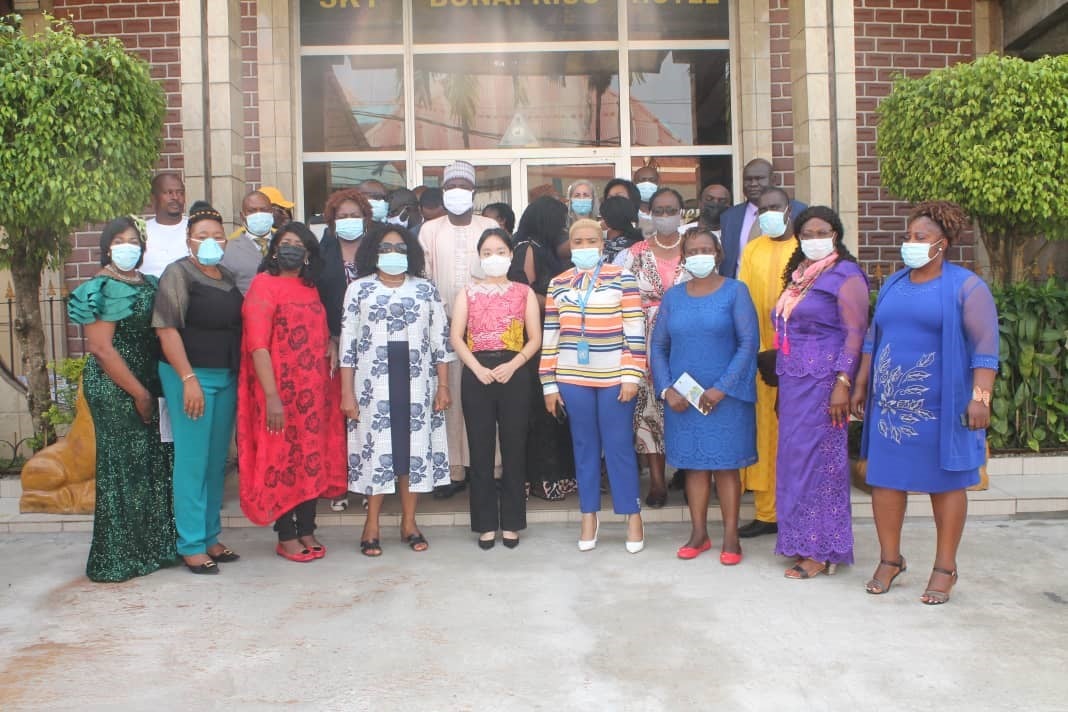Dialogue with National Policy Makers for Facilitation of Access to Civil Status Documents by Women and Girls in the Conflict Affected Areas in Cameroon 02-04 November 2021
Date:

.
Douala from the 02-04 of November 2021.
UN Women under the canopy of Second Chance Education Project brought together more than 50 members from national structures (BUNEC, Local councils, regional councils, CSOs (Civil Society Organization) and key ministries) that oversee the establishment of civil status documents in Cameroon. The essence of the workshop was to come out with strategies that will facilitate women and girl’s access to civil status documents in conflict affected areas in Cameroon.
Educating a woman has a multiplier effect as the benefits resonate to her family, her community and beyond but most displaced women and girls in conflict affected areas are not able to participate in education opportunities due to lack of Civil Status Documents (CSD) like Birth Certificates and ID Cards. Since SCE program leverages partnerships, holistic approaches, and innovative technology to break current trends while providing comprehensive solutions for marginalized young women and girls who have missed out on education, it was vital to bring together these key stakeholders to barnstorm and come out with strategies that would facilitate access to CSD for vulnerable women and girls.
The procedure for reestablishment of CSD is not only cumbersome but also costly for women and girls who have forcefully moved out from their place of origin to new ones where they just struggle to sustain their livings. For instance, a court declaration is required for the establishment of a new birth certificate, this court declaration is costly, and the cost is not harmonized for all the courts.
Participants presented the existing strategies for the establishment of CSD as well as gaps and challenges for their respective regions. Solutions to these gaps and challenges were identified and each region came up with a strategy document with specificities of each region would be used for lobbying. At the end of the workshop a platform was created which will soon come together to develop a general strategy document that will be used for lobbying and advocacy for facilitation of access to CSD for vulnerable women and girls affected by conflict. Considering the importance of the subject matter at this important moment in which Cameroon is facing complex crises leading to increase number of displaced women, 10 Media stations got interested and were highly engaged as they broadcasted the event for wider sensitization.